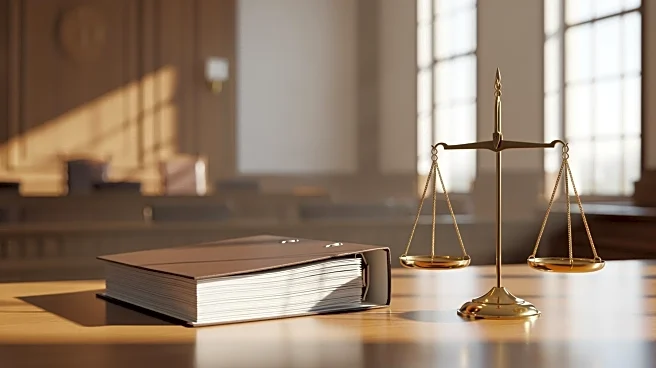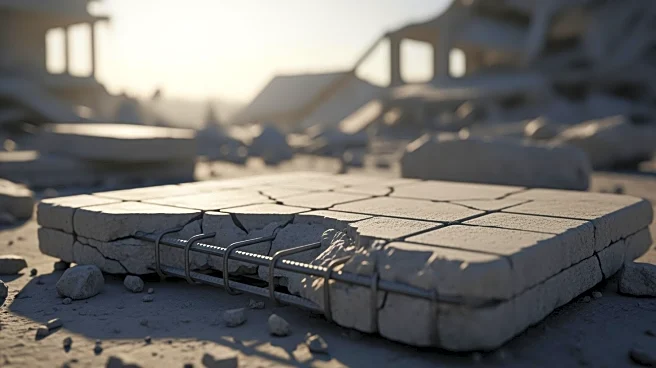What is the story about?
What's Happening?
Iran's police have reported the detention of 21,000 suspects during the 12-day air war with Israel in June. According to state media, the arrests were made following reports from the public, highlighting a high level of public involvement in security efforts. Gen. Saeed Montazeralmahdi, a police spokesperson, noted that the suspects were detained on various charges, including spying and illegal filming. The police established over 1,000 checkpoints across the country during the conflict. This marks the first time Iran has disclosed the total number of arrests during the war. Since June, Iran has executed seven individuals convicted of espionage for Israel, raising concerns among activists about potential further executions.
Why It's Important?
The mass detentions and subsequent executions underscore the tense relations between Iran and Israel, with significant implications for regional stability. The crackdown reflects Iran's heightened security measures and its determination to counter perceived threats. The involvement of the public in reporting suspects suggests a strong nationalistic sentiment and support for government actions. These developments could exacerbate tensions in the Middle East, affecting diplomatic relations and potentially leading to further military confrontations. The situation also raises human rights concerns, particularly regarding the treatment of detainees and the fairness of trials.
What's Next?
Iran's continued security measures and potential further executions could lead to international condemnation and calls for human rights interventions. The situation may prompt diplomatic efforts to de-escalate tensions between Iran and Israel. Regional stakeholders, including neighboring countries and international organizations, may seek to mediate and prevent further conflict. The Iranian government is likely to maintain its strict security posture, potentially leading to more arrests and trials.
Beyond the Headlines
The crackdown on suspects and executions highlight broader issues of governance and human rights in Iran. The government's actions may reflect internal pressures to demonstrate strength and control amidst external threats. The situation could influence Iran's domestic policies, including increased surveillance and restrictions on civil liberties. The international community may face challenges in addressing human rights concerns while balancing geopolitical interests in the region.















